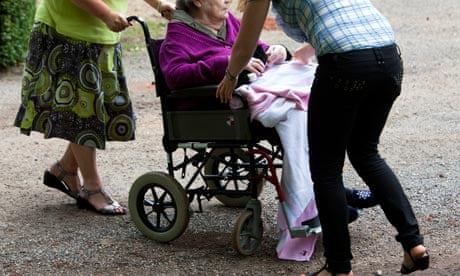Cooks, cleaners, caterers and care staff have won a landmark court of appeal decision that could pave the way for many more equal pay claims.
Three appeal judges ruled such claims could be heard in the high court as well as at an employment tribunal.
Lawyers say the decision is significant as it means employees who thought their claims were barred by tribunal time limits can now seek to recover compensation.
The decision was a victory for 174 women ex-employees of Birmingham city council, represented by law firm Leigh Day & Co.
The law firm said the ruling opens the way for many potential claimants in both the private and public sector who thought their claims were outside the limitation period to pursue actions.
Birmingham city council had appealed against a deputy high court judge's ruling in December last year that the high court did have jurisdiction to determine the claims.
The council had contended cases could only be heard by the employment tribunal, where cases have to be lodged within six months after leaving employment or a change of contract within employment – compared with a six-year time limit for claims brought in the high court .
Appeal judges Lord Justice Mummery, Lord Justice Davis and Dame Janet Smith dismissed the appeal.
They unanimously ruled Birmingham council had failed to establish that the deputy judge's construction of the 1970 Equal Pay Act was wrong or in any way flawed.
Dismissing the appeal, Mummery said it was an "interesting case" under the Equality Act.
The judge said it was extraordinary that this was the first time the issue had been raised – 40 years after the act came into force.
Seeking permission to take the case to the supreme court, the UK's highest court, Birmingham council's lawyers said the decision was likely to result in a large number of claims against both itself and other local authorities by former employees.
Refusing permission, Mummery said that, although it was a case that might well affect "many, many other cases", the supreme court itself should decide whether to hear it.
